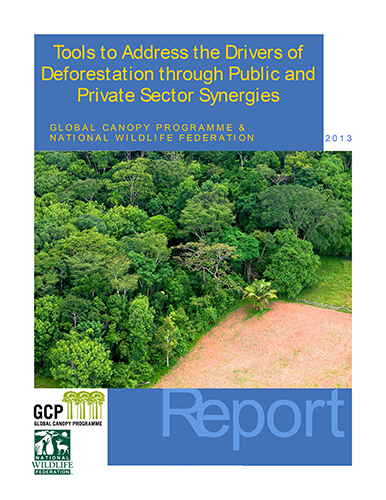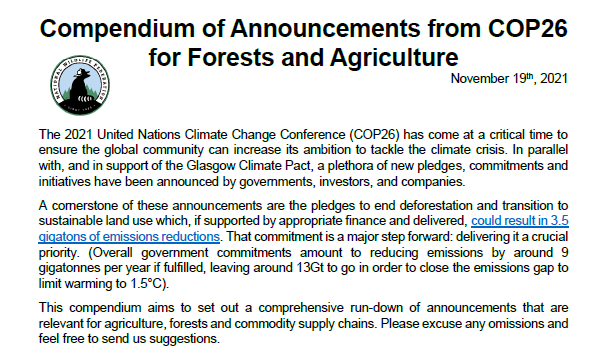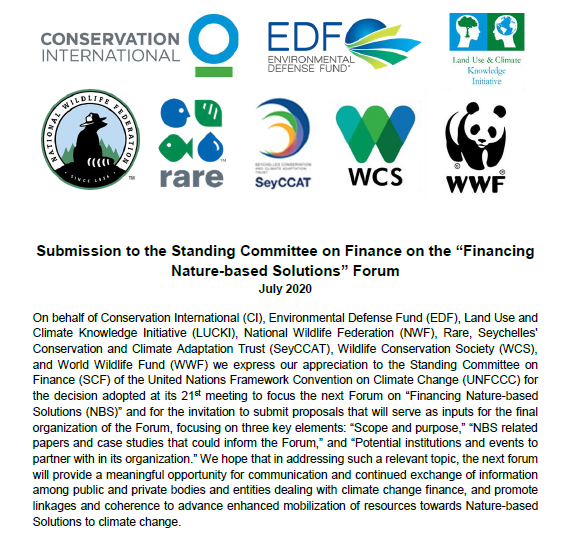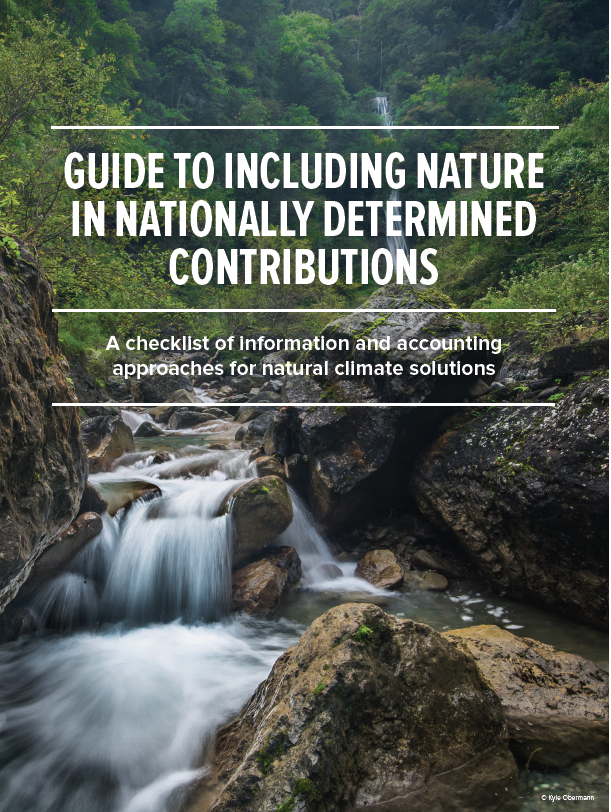Due to global demand for commodities, land use change and agriculture emit about one quarter of the global greenhouse gas emissions. Demand for commodities, land and the associated emissions are predicted to increase greatly in the coming decades. Though efforts to reduce emissions from deforestation and degradation (REDD+) in tropical countries have become popular, financing for these policies is currently less than $7 billion over multiple years. In contrast, agricultural production for domestic and international supply chains that are driving tropical deforestation and degradation is worth over fifteen times more annually. Successful efforts to reduce deforestation and degradation (deforestation) will need to directly address their respective drivers; therefore, on April 8-9, 2013, the Global Canopy Programme (GCP), National Wildlife Federation (NWF), CDP and other sponsors convened government representatives, private sector actors, and civil society participants for a workshop to increase cross-sectoral understanding of the drivers, and to explore a range of potential options for tackling these drivers from both public and private perspectives. Based on that workshop and subsequent conversations, GCP and NWF propose a toolbox that leverages the actions of governments, businesses, and civil society. Investment tools, international policy tools, and domestic policy tools can break some of the barriers to scaling – up efforts to leverage the private sector – a critical REDD+ actor and stakeholder.

Effect of oil palm sustainability certification on deforestation and fire in Indonesia (2017)
02/01/2018
Conservation Policy and the Measurement of Forests, October 2015
12/14/2016Tools to address the drivers of deforestation (April, 2013)
on
Categories
- Date12/14/2016




